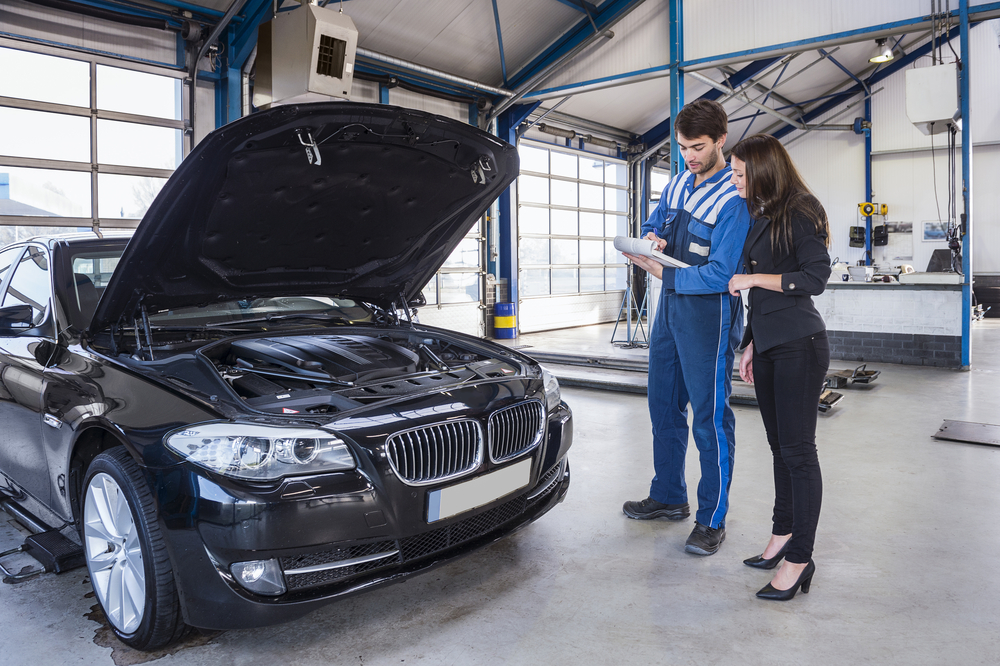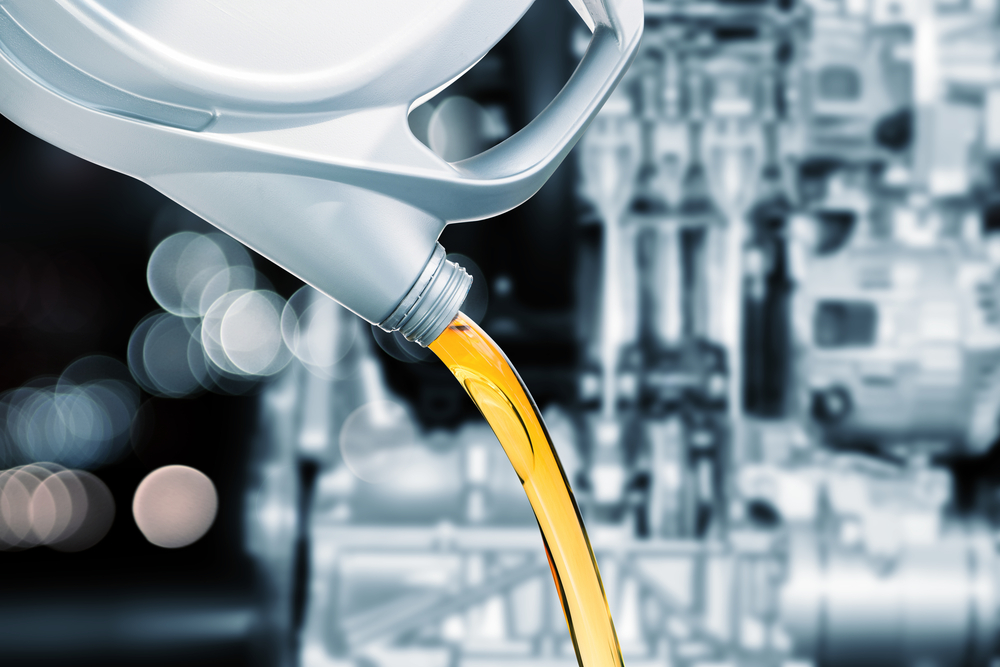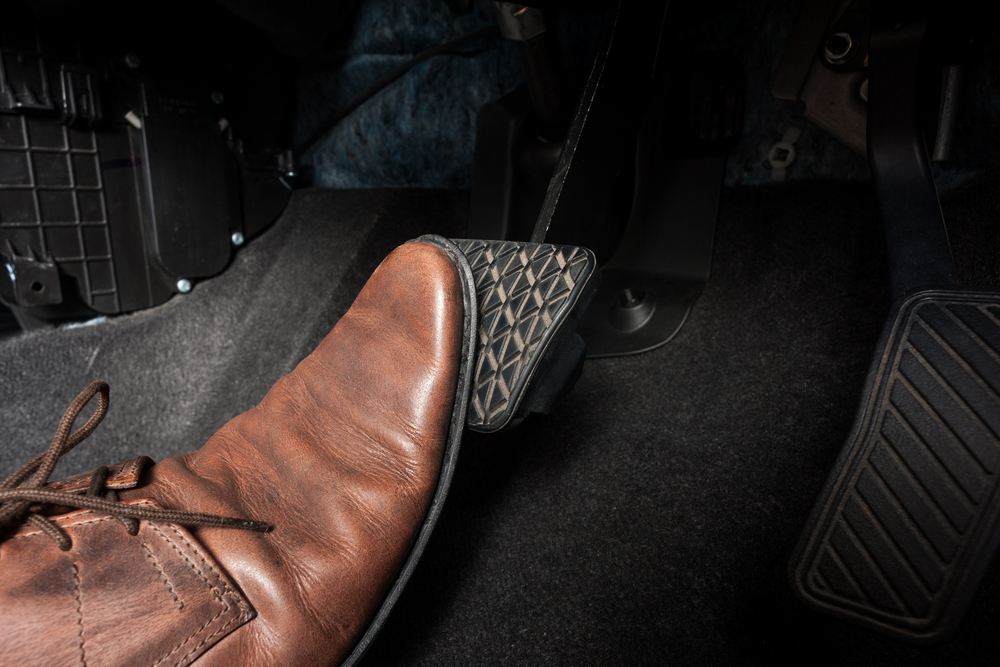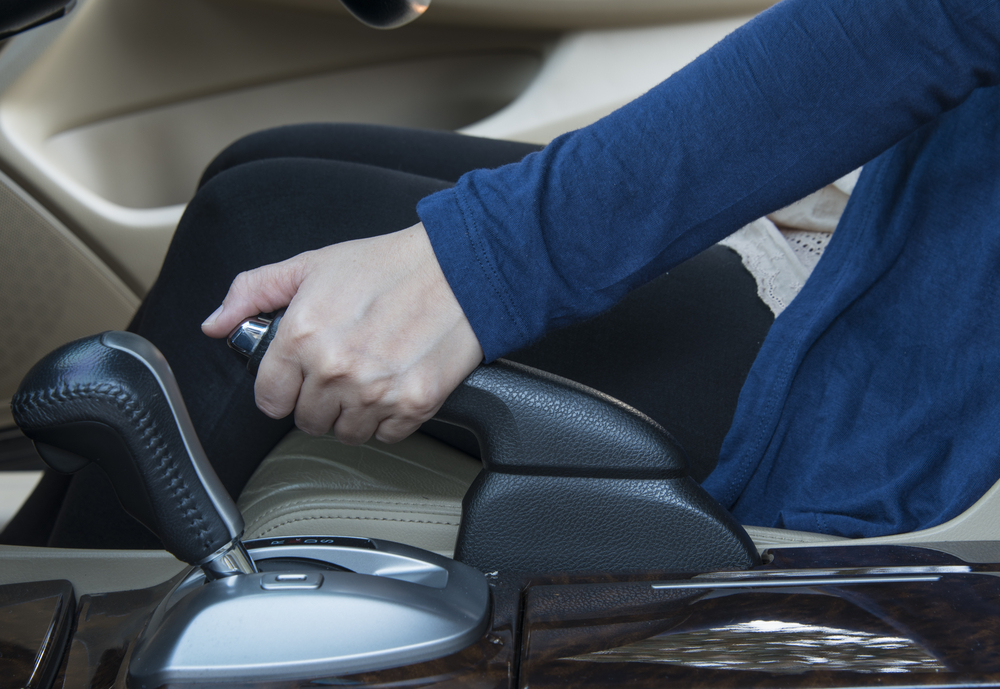With rainier weather, wet leaves, and eventually ice and snow, the next few months call for a close look at some of BMW’s technologies for safer, more effective driving. Traction control and stability control are two perfect examples.
Dynamic Stability Control
The acronyms may be similar, but DSC and DTC are actually two different but related technologies implemented in your BMW. In fact, one can be considered as contained within the other. Dynamic Stability Control is the “brain” of your chassis that helps to improve safety and greater control in loose, wet, or rough road conditions. It is constantly receiving information from all over your vehicle through sensors, from the speeds of each wheel to lateral acceleration, yaw, gas pedal and steering input, and more. By monitoring all of this information and calculating them against a simulated ideal model, it’s capable of correcting your steering, brake pressure, and even engine power.
Dynamic Traction Control
Meanwhile, in many models, Dynamic Traction Control is a component of DSC that specializes in optimizing traction. It does so by closely monitoring your wheels and becoming active when it detects that loss of traction has occurred, such as on a wet road. While DSC works its magic by reducing engine power and autonomously applying brake force if necessary, DTC mostly gets the job done by allowing for a small but effective amounts of wheel slip and spin while collaborating with your DSC system to keep you in control. The combination of both systems is particularly useful when accelerating from a stop, rocking your vehicle out of a sticky situation, or going uphill in slippery conditions.
In Use
DSC is an integral part of your BMW, allowing for safe and precise driving in a wide range of conditions. As such, it’s activated by default. Turning it off is outlined in your manual, but this is generally not recommended, especially during fall and winter. Meanwhile, DTC usually needs to be switched on via a button on your dash. It’s highly important to maintain a balance between recognizing how well-engineered these systems are while not relying on them too heavily. You should utilize and trust them when they’re needed, but no technology is a substitute for smart and safe driving!
Traction, stability, and skilled driving are important year-round, but they’re particularly relevant this time of year. Keep your BMW in solid, safe condition with a detailed inspection. Call Motorwerkes at (403) 768-3167 to make an appointment!





